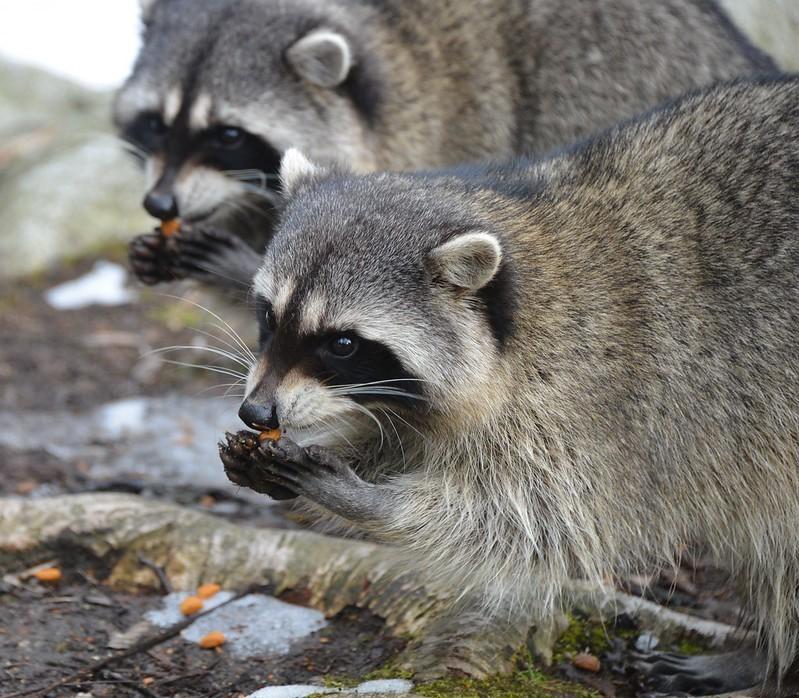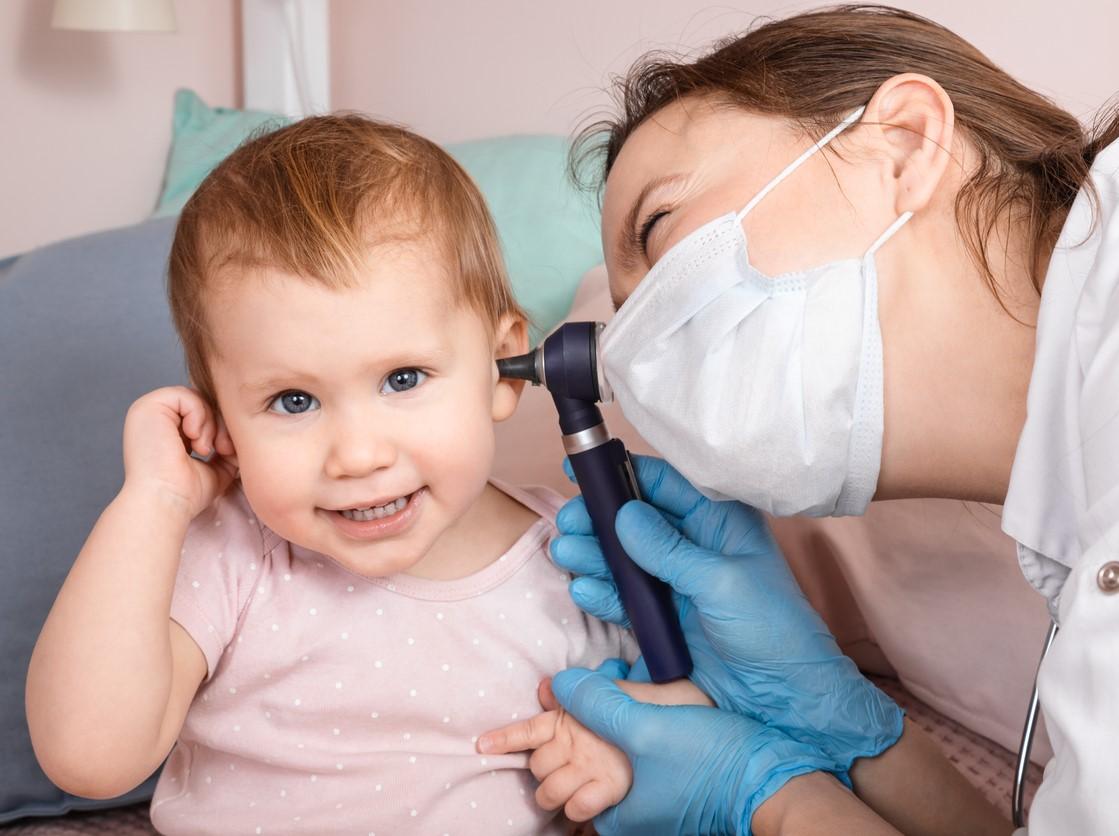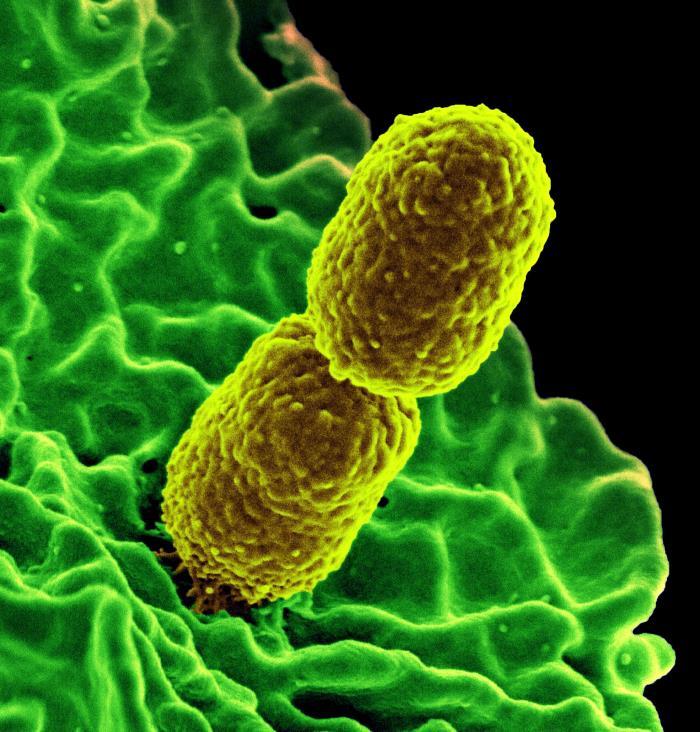
An examination of 23 common wildlife species in Virginia finds evidence of SARS-CoV-infection in 6 and antibodies indicating previous infection in 5.
For the study, published today in Nature Communications, Virginia Tech researchers collected 789 nasal and oral swabs and 126 blood samples from animals live-trapped and released or being treated at wildlife rehabilitation centers in Virginia and Washington, DC, from May 2022 to September 2023.
Most animal exposures near human interfaces
Deer mice, opossums, raccoons, groundhogs, Eastern cottontail rabbits, and Eastern red bats had signs of infection, and isolates from an opossum showed previously unreported viral mutations closely matching the SARS-CoV-2 Omicron variant circulating in people at the time, which the authors said suggests at least seven recent human-to-animal virus transmission events. The mutations could alter the virus's effects on people.
The team also identified two mice on the same day with the same variant, indicating that one mouse infected the other or that they both were infected by the same person.
Further supporting human-to-animal viral spread was the finding of the highest SARS-CoV-2 antibody seroprevalence near hiking trails and other public areas. Some opossums, raccoons, Eastern gray squirrels, white-footed mice, and deer mice had SARS-CoV-2 antibodies.












